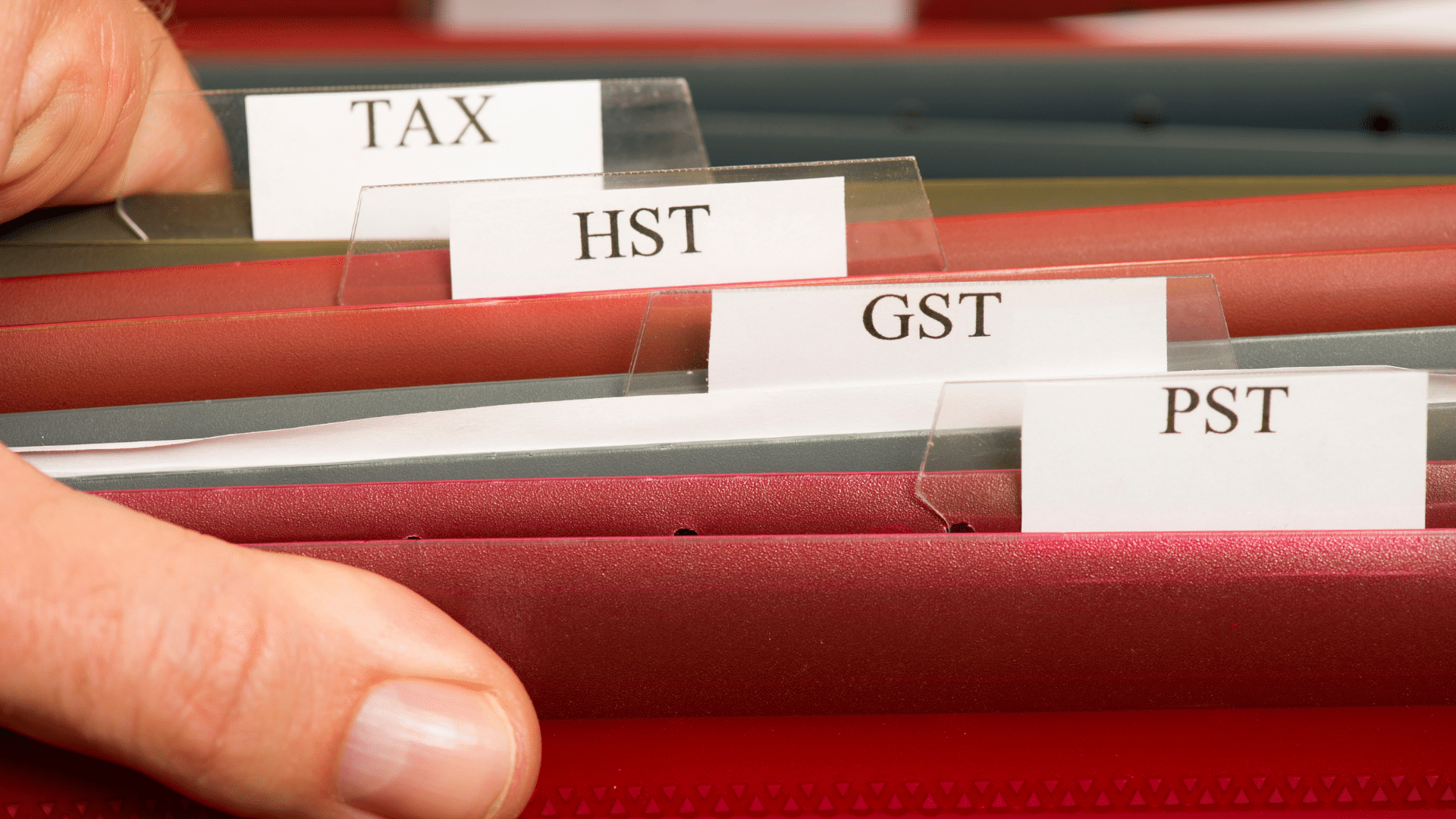Moving from the employee status to self-employed, freelancing, or sole-proprietary status can be challenging. First, there is a sudden surge in the paperwork, from invoicing to preparing accounts, noting down your expenses, and giving yourself a salary. Then, to add to all the paperwork, you have to do your taxes – income tax and goods and service tax (GST), once you reach a certain income threshold.
Remember the income tax deduction in your monthly salary. It is the advance tax your company calculated on your behalf and paid to the Canada Revenue Agency (CRA) from your salary. As a self-employed individual, you have to calculate and pay this advance tax on your own.
This article will touch upon the basics of income tax instalments, answering questions like what are they, who should pay them, when, and why?
What are Income Tax instalments?
The CRA requires you to pay your current year’s tax in quarterly installments. This way, all taxpayers, even those employees whose tax is deducted at source (TDS), are treated equally. So if your annual tax liability after all tax credits and deductions is $20,000, you are required to pay $5,000 each quarter to avoid any interest or penalty for late payment.
You can look at advance tax as prepaying your tax liability. It also saves you from a hefty income tax bill in April. The CRA requires you to pay tax in instalments if your net tax payable in the current year is above $3,000.
Every business has its ups and downs, and even the CRA understands that. As a self-employed person, your income may vary every year. Some years it would be windfall gain, and some years you would be negative. So how to calculate the tax payable to determine the instalment amount in this volatile income?
How to Calculate Your Income Tax Instalment
Whether you are self-employed or a Canadian Controlled Private Corporation (CCPC), you can calculate your tax instalment in three ways:
- On estimated income after expenses and deductions.
- On the previous year’s tax liability (The CRA assumes you will earn similar income as last year).
- Based on tax liability a year before the previous year (You can calculate your 2021 tax instalment based on 2019 tax liability).
If it is tedious to calculate your taxable income after all deductions and credits, you can simply look at your average tax rate in the previous year and apply the same rate to this year’s income. For instance, June paid $30,000 in income taxes on $100,000 income in 2020, which brings her average tax rate to 30%. She expects to earn $150,000 in 2021. So she can build a rough tax estimate of $45,000 ($150,000*30%) and pay it in four equal instalments of $11,250 each.
Once you file your income tax returns in the first year of self-employment or sole proprietorship, the CRA assesses your returns and updates its records. Based on your previous year’s tax bill, it will send you instalment reminders twice a year, mentioning the minimum amount payable throughout the year.
If your income is similar to last year, make sure you pay the minimum amount the CRA requested. If your income is higher, you can voluntarily pay a higher instalment to avoid penalties. But if your income is lower than last year, you can ignore the reminders and only pay an estimated amount. If the tax liability for the current year is below $3,000, you can ignore the reminders and need not pay any instalment. The CRA won’t penalize you.
When Should You Pay Income Tax Instalment?
The CRA has set the Income-tax instalment dates as 15th of every quarter (March 15th, June 15th, September 15th and December 15th). If the 15th falls on a weekend or a major holiday, make sure you pay your instalment on or before the following business day. If you meet the threshold for GST/HST, then you are required to pay the instalments on April 30th, July 31st, October 31st and January 31st.
If you delay your instalments, the CRA will charge you interest on the unpaid instalments, which is 5% for 2021. And if your interest amount crosses $1,000, the CRA will charge an instalment penalty.
This whole income tax instalment thing is intimidating. An accounting expert can keep your books of accounts updated and help you forecast your tax instalments accurately.
Contact McCay Duff LLP in Ottawa for Advice and Assistance with Tax Planning and Preparation Matters
Contact the tax professionals at McCay Duff LLP in Ottawa to discuss how partnering with us can help save you time, anxiety, and money when it comes to your taxes. Our tax advisors provide expertise in all aspects of corporate tax, Canadian and U.S. personal tax, and ensure compliance with tax laws while minimizing your tax obligations. To learn more about how McCay Duff LLP can assist you or your business, please contact us online, telephone at 613-236-2367, or toll-free at 1-800-267-6551.





